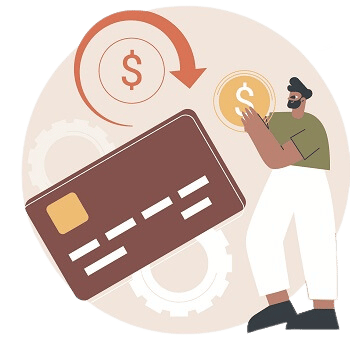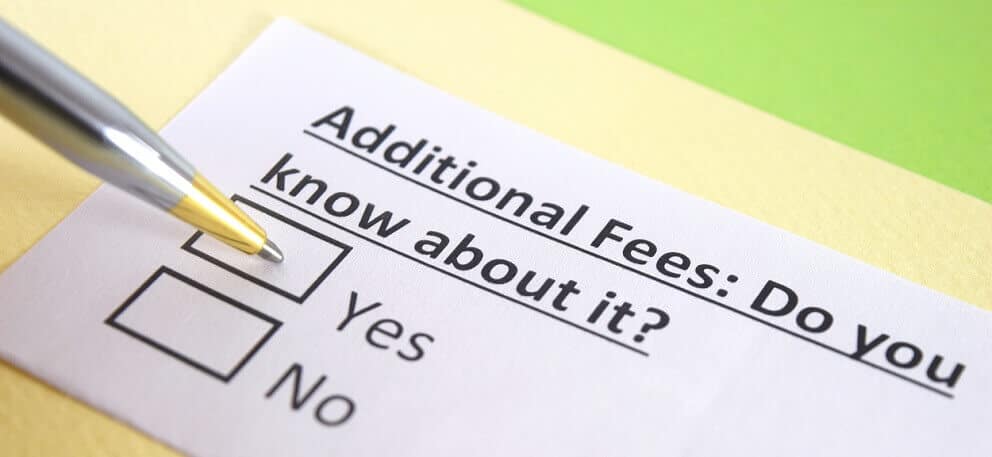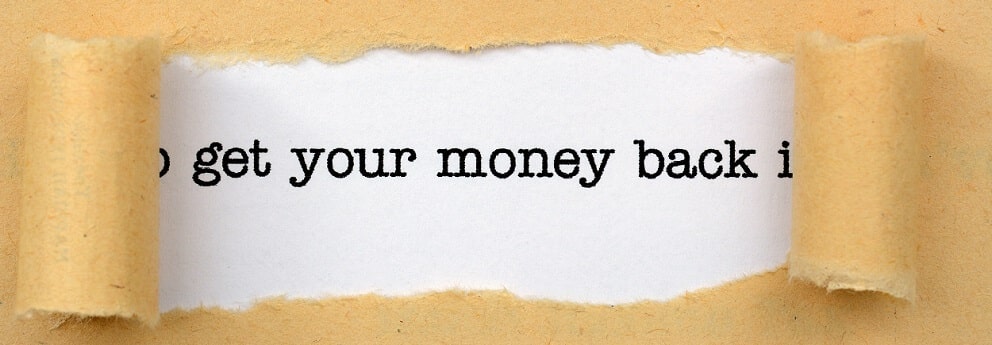How Can Merchants Dispute Chargebacks and Win?

When a cardholder disputes a charge on their account, the cardholder's bank will usually reverse the transaction using a chargeback.
Without the merchant's consent, the bank will restore the money to the cardholder by charging the amount of the disputed transaction back to the merchant. A provisional credit is then given to the customer's account if a chargeback dispute claim is judged valid after a bank reviews the transaction.
In this article, we’ll cover the basics of the chargeback process and show you ways you can improve your odds of winning a chargeback dispute.

What is the chargeback process?
The chargeback process is what occurs after a credit or debit cardholder files a payment dispute. It includes all of the steps between a cardholder disputing a charge to the card issuer and the dispute getting resolved. This procedure may involve several parties, including issuers, acquirers, retailers, and the card networks.
Before a chargeback dispute occurs, the merchant can accept the chargeback uncontested. If the merchant decides to contest the chargeback, the issuing bank examines the merchant's supporting documentation and either rejects or upholds the chargeback in representation. The chargeback often ends here, but there are several exceptions.
How is a Payment Dispute Created?
Once a chargeback starts, it goes back and forth between the issuing bank and the merchant until one of them accepts liability or the card network resolves the dispute.
Here's a step-by-step guide to the chargeback dispute process.
Step 1: The cardholder contacts their issuer, explains the reason for the dispute, and requests their money back. Cardholders initiate chargebacks by calling the issuing bank to challenge a transaction.
Step 2: The issuer assesses the accuracy of the claim. The issuing bank evaluates if a cardholder has grounds to submit a chargeback when they dispute a transaction. When a chargeback is approved, the bank notifies the acquiring bank, which is the bank of the merchant, and charges the merchant's account the appropriate amount.
Step 3: The merchant can accept the chargeback or contest it with a rebuttal letter and evidence. The term for this procedure is "representment." The issuing bank evaluates the evidence that has come to light, then decides whether to reverse the chargeback. If they determine the transaction was legitimate and not worthy of a chargeback, the issuing bank returns the money to the merchant.

Any party displeased with the ruling can initiate pre-arbitration for Visa cards or second chargeback for MasterCard. This happens when the issuing bank rules in favor of the merchant but receives additional evidence from the cardholder in favor of the chargeback.
The chargeback dispute process goes to arbitration if neither party accepts liability during pre-arbitration. The card network will then review the facts and decide. You cannot appeal this judgment, and the losing party must pay additional fees.
How to improve your odds of winning a chargeback dispute
The best way to win a chargeback is to avoid chargebacks entirely. Chargebacks bring along a slew of harmful effects to a merchant such as:
-
- Merchants pay multiple times for chargebacks. Disputed sales cost money, chargeback fees, and can over time lead to increased payment processing rates.
- Chargeback disputes are time-consuming. Merchants must gather documentation, contact their acquiring bank, and compose a response letter, among other things.
- Fraudsters are not the only ones that file chargebacks. Some loyal customers may also file — which could hurt the merchant's reputation.
- Lose chargeback processing rights. Merchants can lose their card-accepting privileges if their chargeback rate is too high for a sustained period of time.
So, what do you do when a chargeback occurs? First, you should usually dispute the chargeback. Disputing a chargeback is often worthwhile for a merchant, especially when you consider that 81% of chargebacks are filed without a valid reason. Once you dispute the chargeback, here are three tips to help you improve your chances of winning a chargeback dispute:

Gather customer transaction information upfront
Merchants must build compelling evidence to dispute unreasonable chargebacks with customer transaction data and proof of purchase. To maximize your chances of winning a chargeback dispute, always keep the following customer information available:
- Proof-of-delivery
- Customer-approved refund or return policy
- The IP address of the online purchase device, time and date of purchase
- Device's location
- Emails, phone records, and letters detailing customer conversations

Understand the timetables and deadlines for submitting evidence
When a customer disputes a charge, the acquiring bank must notify the business. The merchant then has a deadline set by their acquirer within which to respond to the chargeback, so that the acquirer can meet the deadline set by the card networks for responding to the issuer.
The chargeback dispute deadlines differ between Visa chargebacks and MasterCard chargebacks. So, stay familiar with updates from both companies to make sure you meet all required timelines to dispute a chargeback.
Clearly and persuasively present your chargeback rebuttal in writing
When presenting your chargeback rebuttal do so in writing and highlight convincing information that indicates the customer's dispute is unwarranted. The letter can be relatively short, but it must convince the reader that the customer's claim is false.
Chargeback dispute scenarios
Although merchants always want to win in chargeback disputes with customers, they occasionally will lose. Here is what happens in either scenario:
What happens if you win the chargeback dispute?

If the merchant wins the dispute at the card association level, the issuing bank will redeposit the funds to the merchant's account. For any arbitration costs, the issuing bank must pay. The chargeback fee is usually not refunded to the merchant’s account. If the merchants win at the issuer level, they simply receive the chargeback amount returned to their bank account.
What happens if you lose the chargeback dispute?

If a merchant loses a chargeback dispute at any point during the chargeback dispute process, or if the merchant chooses not to defend the chargeback, the merchant loses the sale amount, the chargeback fee, and often the product itself. The merchant will also be held responsible for any arbitration costs associated with the chargeback dispute if the dispute was brought before the card network to decide.
Get the best help possible with the chargeback process
When it comes to chargebacks, it’s always best to prevent them before they occur. But, when you do receive a chargeback, having an effective chargeback mitigation solution at your side helps maximize your chances of winning a dispute.
In this regard, Justt is your ideal partner. Justt simultaneously leverages the power of Artificial Intelligence (AI) and real human expertise to maximize your chargeback win rate. Not only this, but Justt also charges you based on its performance, only taking a percentage of the funds recovered.
With Justt at your side, chargebacks should never come between you and the money you’ve earned.
Take the next step and contact us






